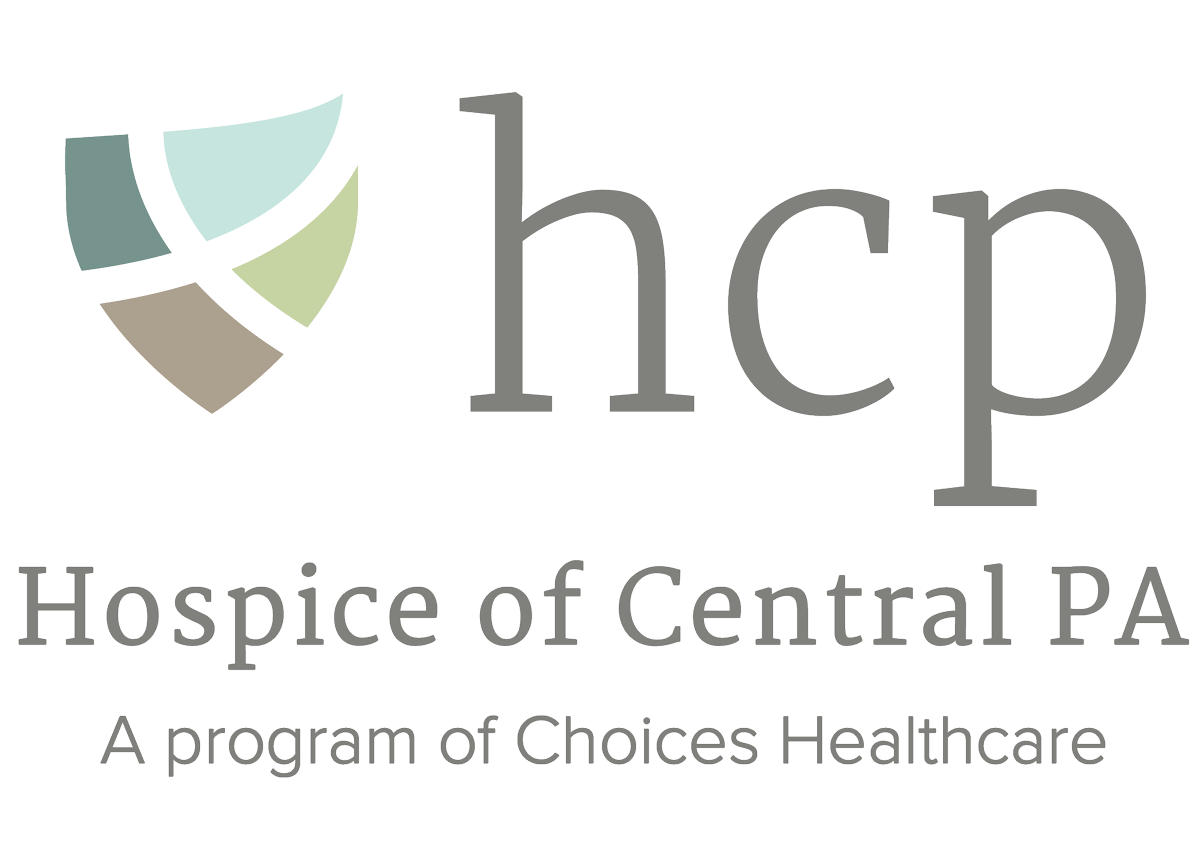When a loved one is faced with a serious illness, it can be overwhelming for families and caregivers to determine how to best move forward. Often, families and physicians wait to contact hospice until the final days or weeks of a patient’s life. However, we often hear they wish they had called sooner. When there are no further treatment options available or when a patient decides to opt for comfort instead of curative care, it may be time to call hospice.
Hospice of Central PA’s (HCP) Medical Director, Dr. Maria Olender, is a board-certified hospice and palliative care physician. Under her leadership, HCP provides the highest quality of emotional, physical, and spiritual support with compassion and respect. Patients are cared for in the place they call home.
“Patients receive a more robust home care experience if they are referred earlier,” says Dr. Olender. “Hospice care provides multi-disciplinary support for not only medical needs, but also to help with emotional, psychosocial, and spiritual wellbeing for patients throughout the dying process.”
In order for your loved one to access hospice care, they must be diagnosed by a doctor with a serious illness that limits their life expectancy to 6 months or less if the disease process takes its natural course. Medicare, Medicaid, and most private insurances cover the cost for hospice care.
- Recurrent hospitalizations with ongoing functional declines
- Reduced ability to perform daily tasks such as walking, eating, getting dressed, or using the bathroom
- Progressive weight loss, new skin breakdown, increasing shortness of breath
- Worsening fatigue, pain, agitation, or restlessness
- Declines in cognitive abilities
Once admitted to hospice, Dr. Olender and her team determine a personalized plan of care for every patient. An interdisciplinary team consisting of physicians, nurses, aides, social workers, chaplains, and volunteers provide individualized support to patients and families. Additionally, medications are initiated for symptom management and durable medical equipment, such as a hospital bed, wheelchair, or bedside commode may be provided to aide in comfort and ease distress.
“Each week we collaborate as a team to review acute symptoms and target the team members that can provide the most support to the patient and their family,” says Dr. Olender. “We are highly focused on ensuring our patients’ needs are met and we visit more frequently as symptom burdens increase.”
HCP’s nurses and aides provide clinical and personal care support. Our social workers can help to connect families with additional resources, assist with end-of-life planning, and provide emotional support to both the patient and their family. Chaplains are available to address any spiritual care needs. In addition, HCP’s team of specially trained volunteers can provide companionship visits to patients and our bereavement program offers support groups and one-on-one bereavement counseling.
Hospice of Central PA is available to answer your questions or to evaluate your loved one to determine if they are eligible to receive hospice care. Please call 717-732-1000 for more information.
